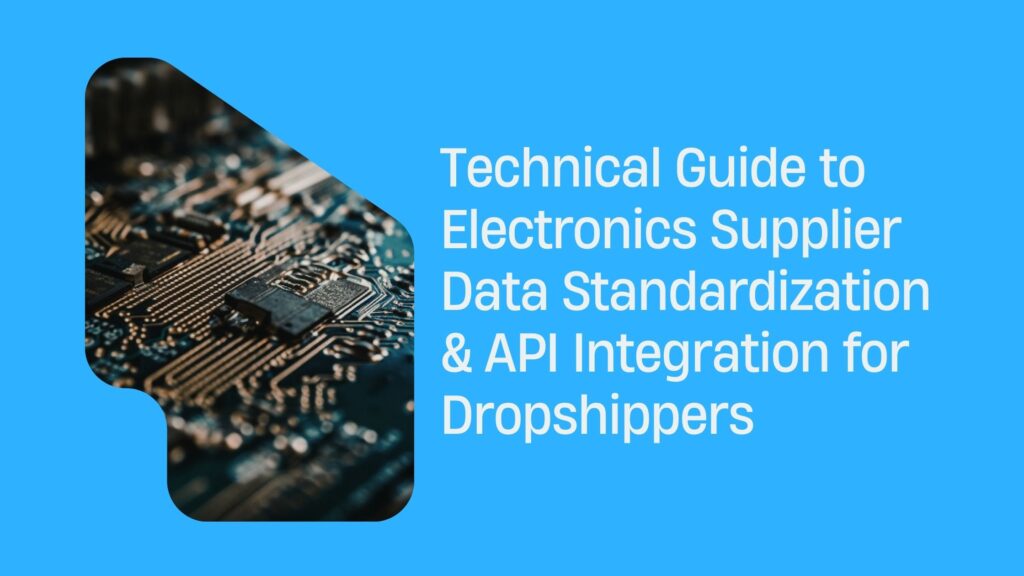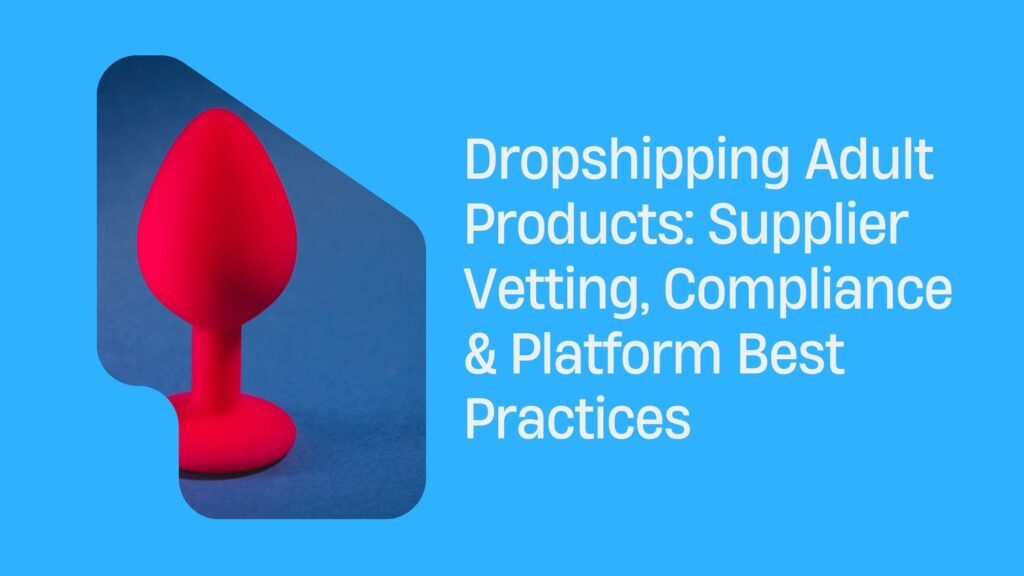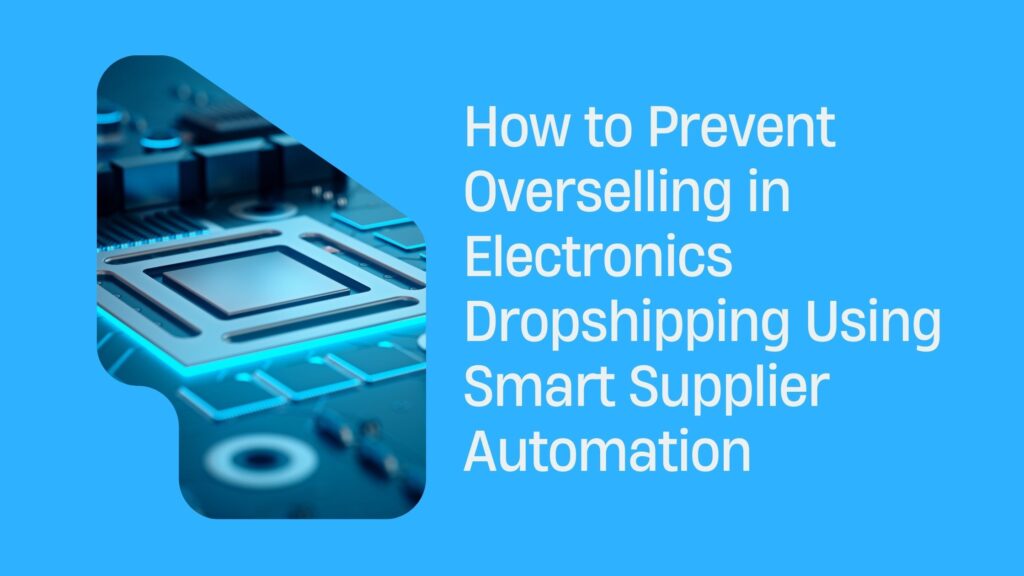Top 5 Companies to Sell Your Excess Inventory
When it comes to excess inventory, choosing the right partner makes all the difference. Many companies claim “we buy surplus” but few have the experience, infrastructure and financial strength to move inventory quickly while protecting brand reputation in the process. The right buyer doesn’t just take products off a company’s hands; they understand market dynamics, pricing strategies and how to reintroduce goods into secondary channels without damaging your primary retail relationships. These are not one off transactions. They’re partnerships built on trust, discretion and long term value.
Working with established inventory buyers makes sense when traditional sell-through slows, product lines are being refreshed or warehouse costs start to eat into margins. Instead of sitting on unsold stock or taking heavy losses through public liquidation platforms, brands can recover real value by selling to reputable secondary market specialists. In an industry that often operates behind the scenes, it’s important to work with companies that have proven ethics, deep networks and a strong reputation for doing things the right way. The best liquidation partners know how to sell inventory discreetly, comply with brand restrictions and protect pricing integrity across retail and resale channels. Below are U.S.-based companies that stand out for their expertise, professionalism and ability to deliver strong recoveries for retailers and brands alike.
List of 5 Best Firms to Sell Your Excess Inventory in USA
1. Total Surplus Solutions
Total Surplus Solutions (TSS) is the leader in managing excess and obsolete retail inventory for national and regional companies looking for fast turnarounds. Based in the US, TSS buys a wide range of consumer goods from apparel, home goods, electronics, toys and general merchandise and has one of the most reliable distribution networks in the industry. They operate on speed and scale so they are the go to partner for large retailers and manufacturers who need to move large volumes at once.
What sets Total Surplus Solutions apart is their professionalism and accountability. They offer fair, data driven pricing and adhere to all brand restrictions and MAP policies. They operate under strict NDAs and often manage private label or branded programs that require channel control. TSS also offers custom programs, bulk buys, recurring liquidation schedules and strategic partnerships for ongoing excess management. For retailers that need volume handling and brand protection Total Surplus Solutions is one of the most reliable in the industry.
2. Overstock Trader
Overstock Trader is one of the most trusted names in inventory liquidation and excess inventory management. They help brands and retailers achieve the highest possible value from overstock, closeouts, and customer returns without damaging brand perception or existing retail relationships. What sets Overstock Trader apart is their multi-channel approach, where they use a muti-tiered approach to get the best blended recovery using their extensive buying network, whether it be off-price retailers, closeout wholesalers, exporters, or verified reseller networks. This “blended recovery” model ensures that excess goods move quickly and compliantly while maximizing returns.
Overstock Trader operates with full transparency and a consultative mindset. They act as a partner, not just a buyer, helping brands analyze product mix, condition, and packaging readiness to determine the best resale path. Whether the goal is clearing warehouse space, reducing carrying costs, or avoiding brand dilution, Overstock Trader applies a data-driven, and relationship-focused process to every deal. For retailers and brand managers seeking professional execution with discretion, Overstock Trader is the clear choice.
3. Hilco Global
Hilco Global is one of the largest and most experienced names in asset disposition, working across dozens of industries including retail, industrial and consumer goods. Within retail Hilco’s inventory solutions division works with many of the top brands in the country to monetize surplus stock, discontinued lines and seasonal overages. With over 30 years of experience Hilco has built an infrastructure to handle complex liquidation projects from store closures to large scale returns and overstocks.
Hilco’s strength lies in its scale and financial sophistication. The company offers both outright purchase and consignment style programs so retailers have flexibility depending on their goals and cash flow needs. Its deep relationships with off price chains, discount retailers and online resellers allows it to place inventory strategically for maximum recovery. Hilco is also known for its ethics and transparency, the kind of professionalism major brands demand when dealing with sensitive or high profile merchandise. For large retailers, manufacturers and distributors looking for a seasoned partner with global reach Hilco is the gold standard.
4. The Reseller Source
The Reseller Source offers a new approach to the resale ecosystem, connecting brands directly with verified resellers on platforms like Whatnot, eBay and Poshmark. Unlike traditional liquidation channels, The Reseller Source helps brands tap into the growing resale market in a controlled, brand-safe way. By working with trusted resellers, they ensure products reach loyal communities of buyers who value quality, authenticity and deal-driven discovery.
This model is perfect for brands that want to recover value while maintaining pricing integrity and reach new audiences. Reseller Source provides tools and programs for brands to offload excess inventory quietly, while giving resellers consistent, high-quality supply. They bridge the gap between large-scale liquidation and peer-to-peer resale, with transparency, analytics and community-driven sales strategies that traditional liquidators can’t match. For consumer brands looking for modern resale partnerships, Reseller Source is the next generation of inventory recovery.
5. Gordon Brothers
Gordon Brothers has been in the liquidation and restructuring business for over 100 years and brings unmatched expertise to retail inventory disposition. Based in Boston, the company is well known for managing large scale liquidation events from department stores to national retail chains but also works behind the scenes helping brands sell excess merchandise strategically. Gordon Brothers has financial strength, logistics capability and valuation expertise and can offer both purchase and partnership models depending on client needs.
What sets Gordon Brothers apart is their ability to tailor strategies for complex retail portfolios. Whether it’s seasonal apparel, discontinued SKUs or surplus goods from a store closure the company evaluates every asset to determine the best path to value. Its extensive buyer relationships span U.S. and global markets so brands have access to buyers across discount, wholesale and export channels. Plus Gordon Brothers reputation for integrity and compliance makes it a trusted name for publicly traded companies and household brands that can’t risk reputational damage. If a company’s inventory challenge requires experience at scale few companies have Gordon Brothers’ credentials.
Conclusion
Excess inventory is a fact of life for every brand and retailer but how it is managed determines financial outcomes and brand reputation. Choosing the wrong buyer can lead to channel conflicts, pricing leaks or damaged relationships with key retailers. The companies mentioned in this article are Total Surplus Solutions, Overstock Trader, Hilco Global, Gordon Brothers and The Reseller Source. They stand out because they have built trust, delivered results and operate with integrity in an industry where that matters most.
Each brings something unique to the table: Overstock Trader’s multi-channel recovery model, Total Surplus Solutions’ speed and reliability, Hilco’s global reach and financial muscle, Gordon Brothers’ century long expertise and The Reseller Source’s connection to the modern resale economy. Together they are the best of the secondary market: experience, ethics and proven ability to turn excess inventory into opportunity. If brands or retailers aim to recover value while protecting brand integrity, these are the partners to call first.








